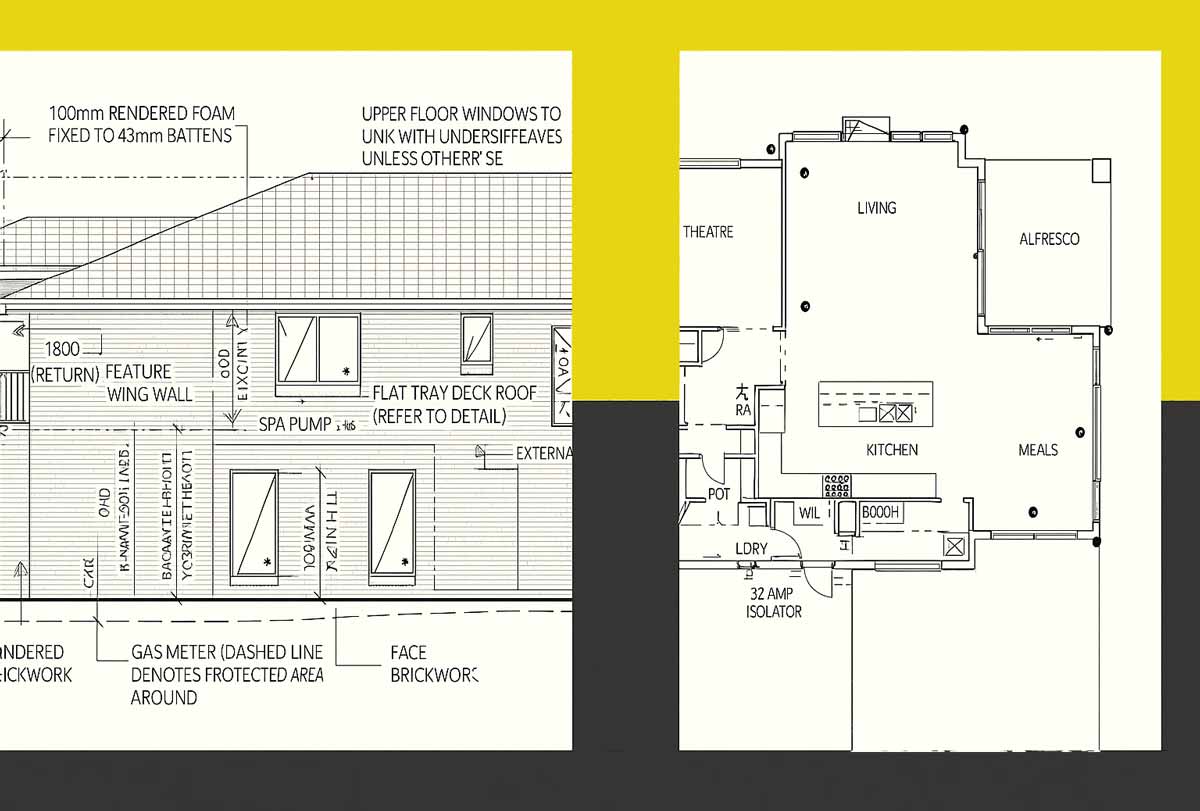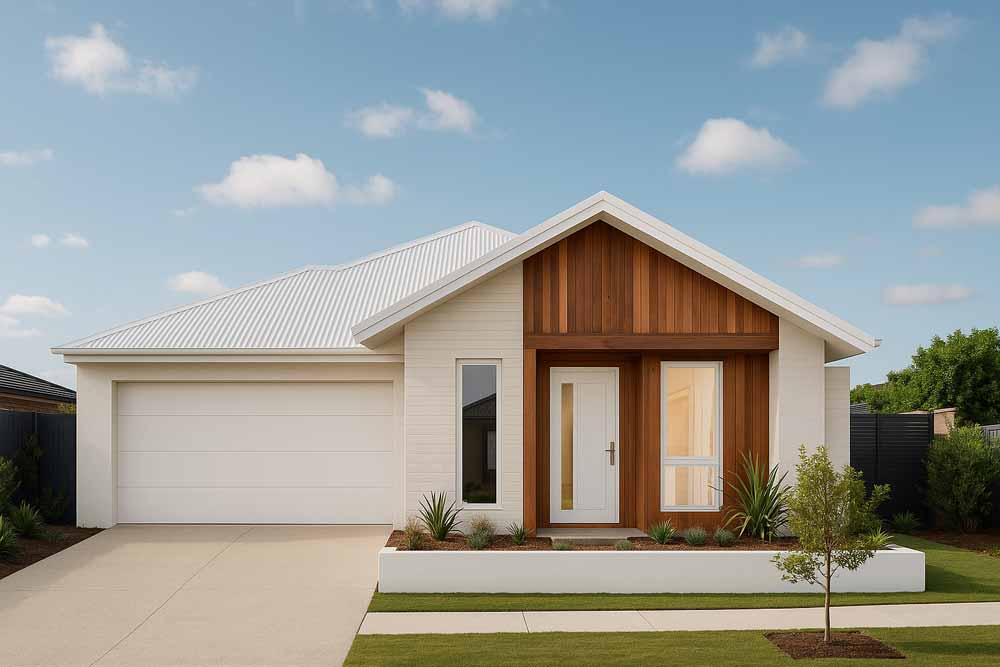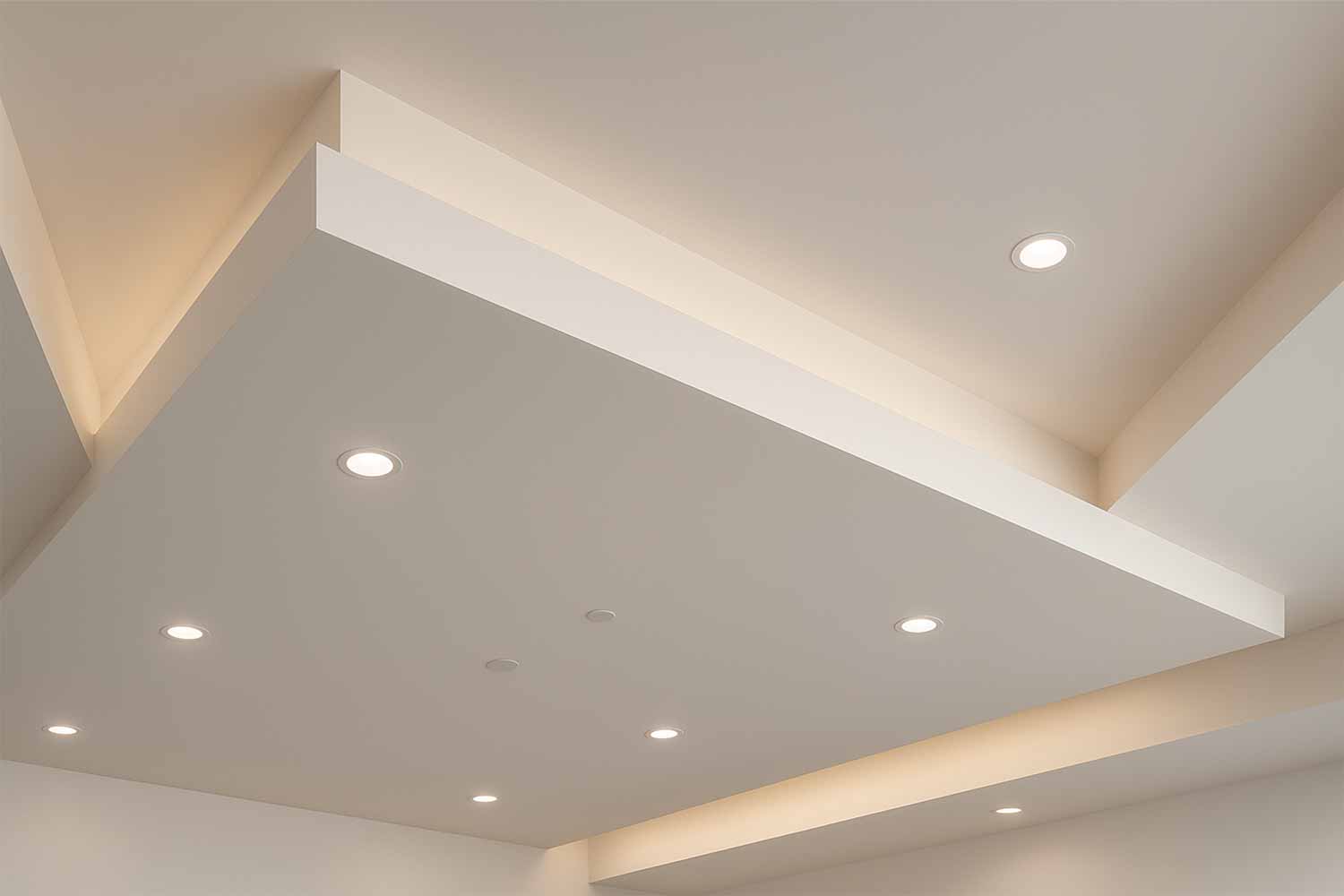Want to get property without money?
Buying a house in Australia without a deposit might seem like a distant dream, especially with rising property prices and the challenge of saving for a substantial down payment.
But what if there was a way to turn your dream into reality? Whether you’re a first-time home buyer or someone looking to enter the property market with limited savings or without a hefty upfront sum, there are strategies that can help you secure your own piece of real estate without a hefty deposit.
While buying house with no deposit can fast-track your journey to homeownership, however, first you need to understand what it can bring to both side of coins, advantage and disadvantage and be aware if it is right fit for you.
Let’s get started with it and diver more into the ways to buy your home sweet home without saving up for deposit.
What Does it Mean to Buy a house With No Money?
Buying a house with no money typically refers to a scenario where a buyer acquires a property without making a substantial upfront payment or down payment. In most real estate transactions, buyers are required to pay a deposit, usually 10-20% of the property’s value, as an upfront payment to secure a mortgage and demonstrate their financial commitment.
While the term “no money” can be somewhat misleading since some costs are inevitable in any real estate transaction, it generally implies that the buyer is not using their own savings or funds to cover the initial purchase expenses.
In practice, purchasing a house with no money often involves utilising alternative financing options, creative strategies, or assistance programs to cover the upfront costs traditionally associated with buying a home.
You may also like: What is the cheapest way to build a house?
What are the Pros and Cons of No-Deposit Home Loans?
Buying a home with no deposit can be an attractive option for some prospective homeowners, but it also comes with its own set of advantages and disadvantages. Here are some pros and cons of buying a home with no deposit:
| PROS | CONS |
|
|
If you are looking for house and land packages, we provide a range of options designed to fit your lifestyle and budget. Reach out to us for details!
Don't Settle for Less—Build Excellence with Dhursan
How to Buy a House without Deposit in Australia? Exploring Options
1. Government Programs and Grants
The Australian government offers several programs and grants aimed at assisting first-time home buyers, many of which can significantly reduce or eliminate the need for a deposit.
A. First Home Owner Grant (FHOG)
The First Home Owner Grant (FHOG) is a government initiative designed to assist eligible first-time buyers in purchasing their first home. This grant is a one-time payment, and the amount varies depending on the state or territory where the property is being purchased. The grant offers a lump sum payment that can be utilised to cover part of the deposit or other expenses related to purchasing the property, making homeownership more attainable for first-time buyers.
i. Eligibility Criteria
- You must be a first-time home buyer.
- The property must be a newly built home, an off-the-plan purchase, a substantially renovated property, or vacant land on which a new home will be built.
- One applicant must be a permanent resident or an Australian citizen.
- Applications cannot be made by companies or trusts.
ii. Grant Amount and Limits
The FHOG can provide a grant of $10,000, depending on the value and type of property. Specific criteria include:
- The purchase price of the property must not exceed $600,000.
- If building a new home, the total value of the property, including house and land, must not exceed $750,000.
iii. Application Process
You can apply for the FHOG either through your lender or directly with the revenue office of the relevant state or territory. Each state or territory has its own specific guidelines and application process, so it’s important to check the requirements based on your location.
B. First Home Buyers Assistance Scheme (FHBAS)
The First Home Buyers Assistance Scheme (FHBAS) is designed to help eligible first-time home buyers in New South Wales by reducing or eliminating transfer duty costs. Here’s a breakdown of the key details:
Eligibility Criteria
To qualify for the FHBAS:
- Purchase a new home, existing home, or vacant land in New South Wales.
- Ensure that the property’s value falls within the specified thresholds.
- The purchase should encompass the entire property.
- Must be individuals and not represent a company or trust.
- Be at least 18 years old.
- Neither you nor your spouse/partner can have previously owned or co-owned residential property in Australia.
- Neither you nor your spouse/partner can have received an exemption or concession under this scheme before.
- At least one buyer must be an Australian citizen or a permanent resident.
- If purchasing a new or existing home, you must meet the residency requirements to live in the property.
C. Family Home Guarantee
The Family Home Guarantee (FHG) is part of the Australian Government’s Home Guarantee Scheme (HGS), designed to help eligible single parents or single legal guardians with at least one dependent buy a home. However, this is not a full no-deposit scheme. Administered by Housing Australia, you will still need a low deposit of 2% of the property’s value to qualify, without paying Lenders Mortgage Insurance (LMI).
Key Points:
- Eligibility: To qualify, you must be a single parent or single legal guardian of at least one dependent, an Australian citizen or permanent resident, over 18 years old, and earning no more than $125,000 annually. You must also intend to live in the purchased property and cannot own another property at the time of settlement.
- Property Types: You can buy an existing house, townhouse, or apartment, a house and land package, land with a contract to build a home, or an off-the-plan apartment or townhouse.
- Deposit Required: You need between 2% and 20% of the property value as a deposit. Check with a Participating Lender to confirm how your deposit is considered and if other government grants can contribute. Remember, you must have at least 2% saved to be eligible.
- Guarantee Details: The FHG covers up to 18% of the property’s value, reducing the need for LMI, but it is not a cash payment or deposit.
- Application: Applications must be made through a Participating Lender or mortgage broker. Housing Australia doesn’t accept direct applications or provide financial advice.
- Income Verification: You’ll need to provide a Notice of Assessment (NOA) from the Australian Taxation Office for income verification. The NOA for the 2023-2024 financial year is required for applications made between 1 July 2024 and 30 June 2025.
Want to revamp your property with a knockdown rebuild that’s as eco-friendly as it is stylish? We specialise in creating sustainable, modern homes that not only enhance your living space but also minimise environmental impact. Contact our team for more information.
D. Stamp Duty Concessions and Exemptions
Stamp duty is often one of the largest upfront expenses when buying a property. However, many states provide concessions or exemptions for first-time buyers, which can significantly reduce this cost. These savings can then be redirected towards your deposit or other related expenses.
Starting from 1 July 2023, in New South Wales:
- If you’re buying a new or existing home valued up to $800,000, you may qualify for a full exemption from transfer duty.
- For homes valued between $800,000 and $1,000,000, you may be eligible for a reduced, concessional rate.
Additionally, if you’re purchasing vacant land with the intention of building a home:
- You may receive a full exemption from stamp duty for land valued up to $350,000.
- Land valued between $350,000 and $450,000 may qualify for a concessional rate.
2. Using Equity from Another Property
If you already own a property, you can use the equity in that property to buy another one. This is known as leveraging equity in an existing property, and it can allow you to purchase a new home without needing a cash deposit.
- How It Works: Equity is the difference between the current market value of your property and the outstanding balance on your mortgage. Lenders may allow you to borrow against this equity to fund the deposit on a new property.
- Risks: While this strategy can be effective, it does increase your overall debt, so it’s essential to ensure you can manage the repayments on both properties.
3. Guarantor Home Loans
A guarantor loan involves having a family member, usually a parent, use their property as security for your mortgage. This can allow you to borrow up to 100% of the property’s value, thus eliminating the need for a deposit.
- How It Works: The guarantor provides their property as additional security for your loan. This reduces the lender’s risk and may allow you to avoid paying LMI.
- Risks: The guarantor is responsible for the loan if you default, which can put their property at risk. It’s essential to carefully consider the implications and ensure that both parties fully understand the responsibilities.
Transform Your Vision into Reality with Dhursan Construction
4. Joint Ventures
If you’re struggling to save for a deposit on your own, partnering with another person could be a solution. A joint venture involves purchasing a property with someone else, such as a friend or family member, sharing the costs and ownership.
- How It Works: Both parties contribute to the deposit and mortgage repayments. Ownership and responsibilities are typically divided based on the agreement, and legal documentation should outline each party’s rights.
- Risks: It’s essential to have a clear agreement in place to avoid potential disputes. Consider how you will handle situations like one party wanting to sell or if financial difficulties arise.
5. Gifted Deposits
If you’re lucky enough to have family or friends who are willing to assist, they can gift you a deposit, making it easier to get a home. While a gifted deposit doesn’t completely eliminate the need for a deposit, it can significantly reduce the amount you need to save on your own. Unlike a loan, a gifted deposit doesn’t need to be repaid, but it must be documented as a genuine gift with no repayment obligation.
Final Thoughts!
Buying a house with no money in Australia is challenging, but achievable with the right approach. By leveraging low or no-deposit loans, tapping into government assistance programs, and considering options like rent-to-own or guarantor loans, you can make your homeownership dream a reality. The key is thorough research, sound financial planning, and seeking expert advice to ensure you’re making the best decisions for your future.
If you’ve made an off-the-plan purchase and are excited to see your dream home take shape, we are here to crafting bespoke homes that reflect your unique style and needs. With us, you can rest assured that your new home perfectly matches your dreams and budget. Book a consultation to start building a home that’s truly yours.




